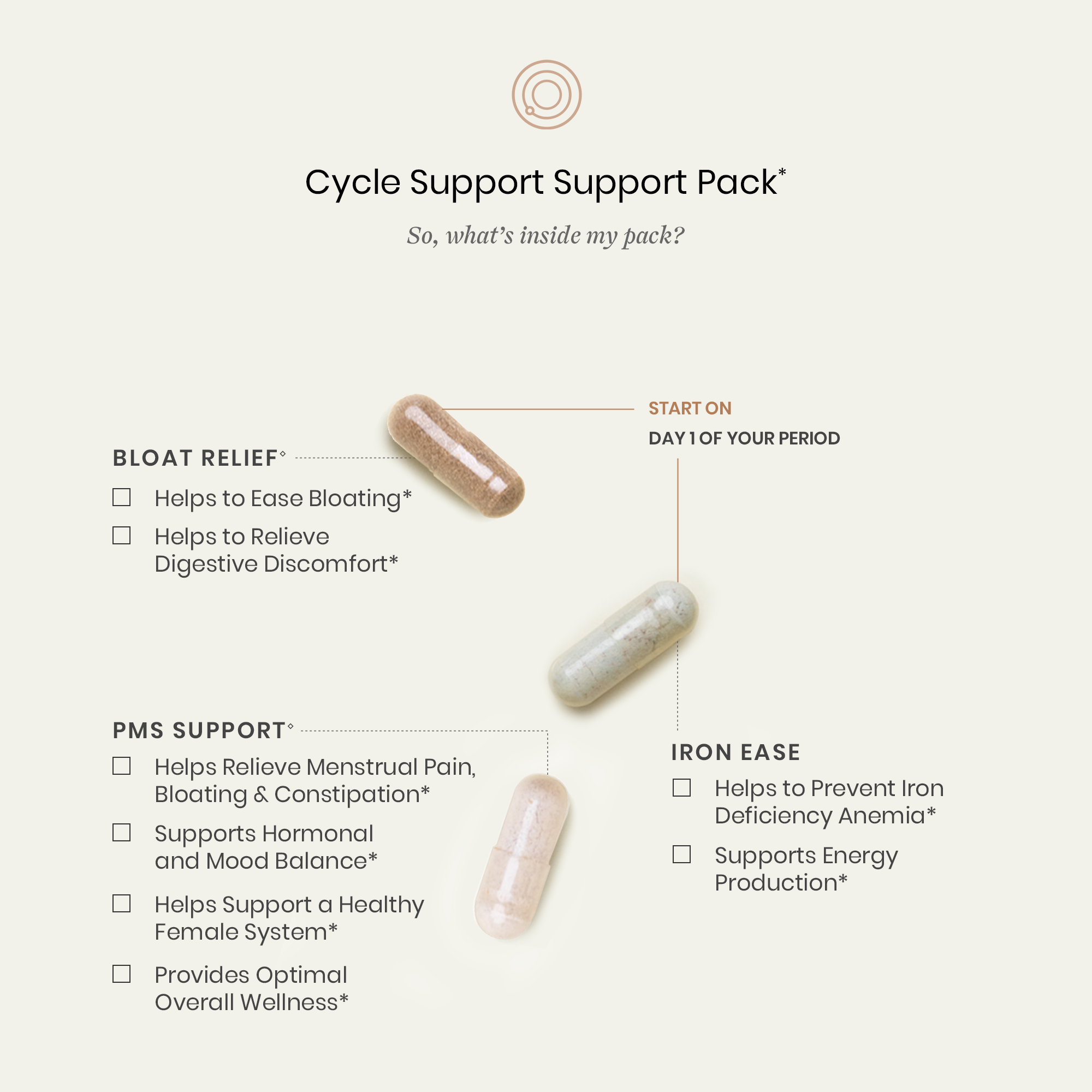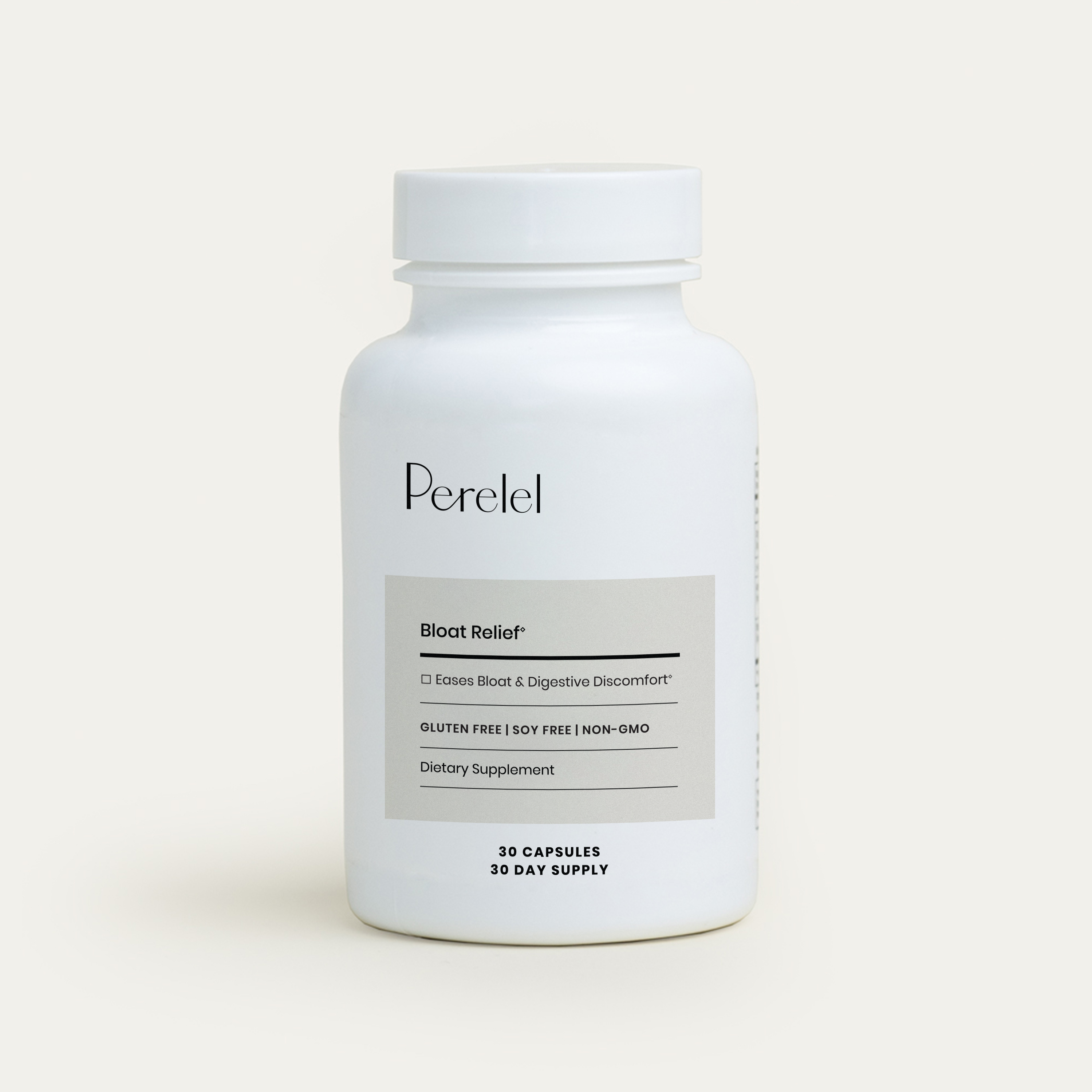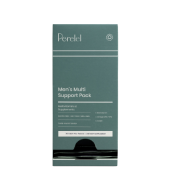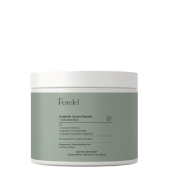Less than 11% of NIH funding goes towards the study of women’s bodies. Join Perelel as we call on Congress to increase federal funding for women’s health research, close the gender health gap—and create a world with more healthy, supported women. Sign the petition here.
The average woman will menstruate 500 times in her life. Yet according to a recent survey conducted by Perelel, nearly half of us don't properly understand our menstrual cycle—and 90 percent feel as though their sex education failed us.*
This is the Menstrual Knowledge Gap: the delta between what all of us (not just people with periods!) should know about women's bodies, and what we're actually taught. It's the result of a long history of systemic ignorance around women's health, outdated and incomplete sexual education curriculums, and a lack of research funding in menstrual health and care, to name a few contributing factors.
Below, see what we learned in surveying our Perelel community about their menstrual knowledge—and how we can work together to close the gap.
48.9 percent of respondents admitted that they do not properly understand their menstrual cycle.
Sure, our hormones are complex—but it seems as though many of us are rusty on the basics, too. In a 2020 study released by Tampax, 41 percent of women said that they didn’t feel confident in the knowledge of how to insert a tampon. In that same study, 62 percent of women said that they couldn’t locate a vagina on a diagram.
90 percent of respondents gave their early menstrual education a failing grade.
Our 5th grade sex ed didn’t quite measure up when it came to teaching us meaningful body literacy: Most of us remember learning about the basic mechanics of our periods, and that’s about it. Moreover, in many schools across the US, sex education classes are divided by gender—which only upholds systemic bias, ignorance, and shame around our basic anatomy.
Uncomplicate your period
$28.41
First 3 Months
Regulate your cycle
$45.71
First 3 Months
Support digestion
$24.50
First 3 Months
Shop the Article:
Cycle Support Pack
$40.59
Hormonal Balance Support*
$65.29
Bloat Relief*
$35.00
Though 60 percent of respondents knew that their cycle had 4 phases, only 32 percent of respondents do anything to support the phases outside their periods.
So much of what we have been taught—and marketed—is centered around our period and PMS symptoms. But we’re inherently ignoring the vast majority of our cycle when we just focus on the days that we’re bleeding. The irony is that many of our noticeable symptoms show up during other times of the month—the energy boost we experience during our follicular phase, for example, or the fatigue and mood swings many of us go through during the luteal phase.
“Knowledge is power,” says Dr. Banafsheh Bayati, OB/GYN and Perelel medical cofounder. “When you know what’s happening hormonally in your body, it’s a lot easier to target the things that will make you feel better.” It’s also that much easier to show ourselves grace when we’re feeling foggy, drained, or moody, and can point to what’s happening internally.
90 percent of respondents said that their healthcare practitioners don’t pay attention to all aspects of their cycle.
Asking about the first day of our last period is one thing—but does your provider check in on your hormonal health? Do you talk about cycle length or irregularities? Do they draw parallels between symptoms like fatigue or mood swings to where you are in your cycle? We’ll always encourage going to the doctor with a list of questions—but if you feel like you’re doing all the work to understand what’s going on, or if you ever feel as if your symptoms are being minimized or shrugged off, it may be time to visit someone different. (We’re passionate about this topic—it’s why we’ve built a panel of doctors and practitioners who center their practices around a holistic approach to women’s health.)
Over 50 percent have missed work or activities due to their period.
Did you know that extreme period pain isn’t considered normal? If your symptoms are interfering with your daily life, then it might be a sign of an underlying imbalance. Unfortunately, many of us are taught that suffering through our symptoms is just part of being a woman.
Let us personalize your vitamin
routine in 60 seconds.

What are your
stage-specific needs?
So, how do we close the menstrual knowledge gap?
Something this systemic won’t transform overnight—but there is a shift happening. #PeriodTok and related topics boast billions of views on TikTok. Search interest in terms like “luteal phase” and “cycle syncing” have double and quadrupled in the past two years.
As Dr. Bayati alluded, the best place to start is with yourself and your body:
We deserve better than an incomplete education around our bodies. There’s work to be done, but let’s learn together.
Next up: From mood swings to bloating, here's how to deal with your most disruptive PMS symptoms. And don't forget to shop Cycle Support, our new vitamin pack that syncs with your cycle—promoting hormonal balance, targeted symptom relief, and better body literacy.

theFolio in Your Inbox
Sign up to receive doctor-backed, stage-specific content in your inbox each week.
*Survey of 335 Perelel community members.























